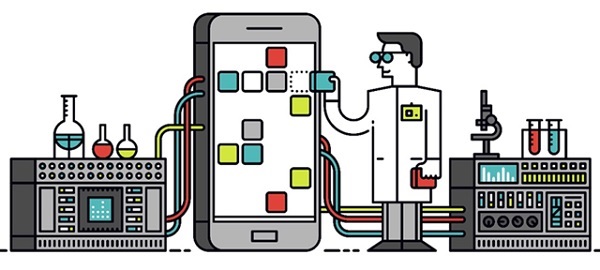Experts in the line of education predict that Mobile learning is going to bring a paradigm shift in education because of the changes in the approach, and incorporation of technology into learning. However, whenever any change of such scale is implemented, many technical and procedural changes are bound to happen. While these changes can still be adjusted to with the passage of time, the cultural changes that mobile learning brings might create some more complex scenarios in the workplace.
Identifying Barriers
One of the earliest barriers to mobile learning came from academic circles, and within the teaching community. Teachers weren’t too keen on losing the power or authority of being the sole educator in the classroom, whom all students were supposed to look up for knowledge. Suddenly there weren’t teachers teaching, but teachers answering queries.

This was a marked difference from the one-to-many approach that the teachers had gotten used to in the many years of their teaching experience. This created an ideological chasm between teachers and the management. While the management was very excited to adopt the new learning methods, so that they can be perceived as a learning institution with an open door policy for education, the teachers were not thrilled at the idea of having to answer queries from different students who has referred to a different source of information.
Other barriers include ambiguity on understanding the difference between e-learning and mlearning. While e-learning involves delivering in depth training on a topic, m-learning is designed to provide nuggets of information in real time and in quick bursts of time.
More such barriers are −
- Issues in tracking results in real time and implementation
- Risk of initial disruption of students’ learning process
- Different standards, operating systems, and screen
- Absence of demographic boundary
Barriers to mobile learning, as with any change management initiative are heavily contextdependent and will alter in terms of intensity as hardware and software.
Finding Enablers
As with barriers to mobile learning, there are also positives and enablers to it. The most significant of these enablers is the element of familiarity. Students are already using the same tools for facilitating their learning.
These tools are very easy to adapt to and use cloud storage as a basis for data sharing. All the information is always available at the tip of the fingers and takes very less time to be accessed.
Learning working make money